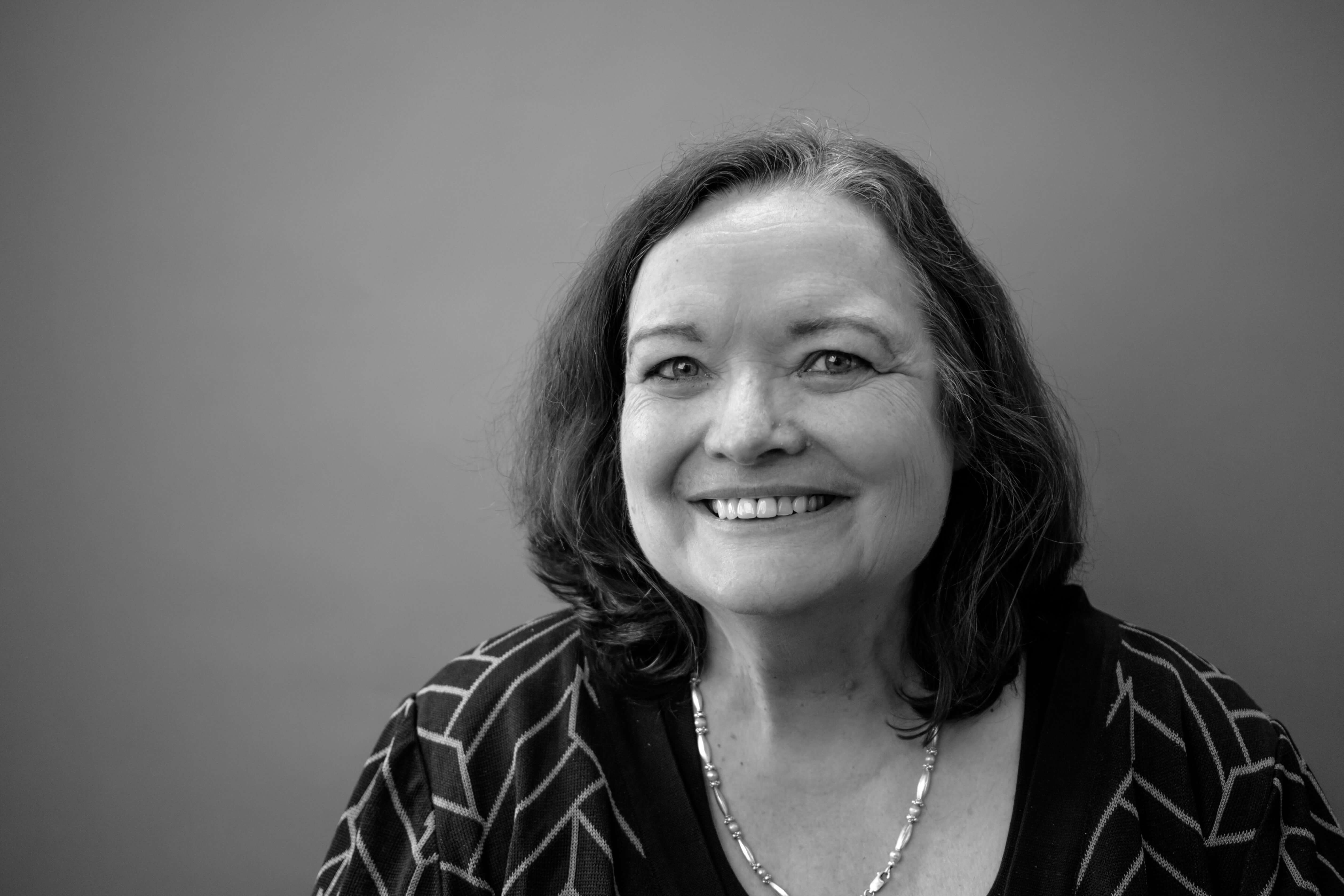Ansley KahnGHTC
Ansley Kahn is a senior program assistant at GHTC who supports GHTC's communications and member engagement activities.

Faces of Innovation—a new GHTC project that features scientists on the front lines of research and development on new global health tools and technologies—profiles Dr. Mary Kamb, who we met at the American Society of Tropical Medicine and Hygiene Annual Conference, who leads the Elimination and Control Epidemiology team at the Centers for Disease Control and Prevention, Division of Parasitic Diseases and Malaria.
My Name: Mary Kamb, MD.
Where I work: Centers for Disease Control and Prevention (CDC), Division of Parasitic Diseases and Malaria in Atlanta, Georgia.
I’m funded by: the US federal government.
My research: I lead the Elimination and Control Epidemiology team in the Parasitic Diseases Branch. We focus on neglected tropical diseases that are able to be eliminated through one method or another, usually preventative chemotherapy, like Lymphatic filariasis and Onchocerciasis…but also diseases like Guinea worm, which don’t have a treatment but have strong public health programming that, in that case, can lead to eradication.
We [CDC] work primarily with ministries of health on programs to improve programmatic implementation and surveillance. It’s very practical, on what we call program operations research or program science, to ensure and improve high-quality programs.
My team is made of scientists who come from a number of backgrounds. Some are medical doctors, like me, some are epidemiologists, or social scientists, or have training in other areas. We work closely with people from our laboratory…very closely, hand in hand, and also with people who work on the drivers behind people’s behavior around programs. For example, why people would not want to participate in a mass drug administration, or why might people be fearful of using drugs or not seek care…really working across disciplines. I think it makes for a stronger program and for better understanding of all the issues around ensuring high-quality programs.
Most of our work involves collaborating with partners, often other health ministries, the World Health Organization, and other international partners working on neglected tropical diseases. We also try and work with other branches and teams across CDC, for example with people working in Global Water, Sanitation, & Hygiene (WASH), immunizations, malaria, or other areas because we can learn from and support each other. Many of these areas can really inform elimination and control of neglected tropical diseases.
Motivation: I worked for many years on the elimination effort of mother to child transmission of HIV and syphilis. I worked most of my career focused on HIV and other sexually transmitted diseases. Working in neglected tropical diseases is very interesting both because there are diseases that can be eliminated, but also because…it’s an area of great need that affects people and countries who are often living in poverty. The longer I work in public health, the more interested I am in health equity and understanding the real drivers of why certain countries are affected by diseases that we feel should be gone but aren’t necessarily gone. We have to dig deeper to find out what are those other drivers…those social issues that are affecting good health.
Why federal support is critical: I think living in the United States, we might think we are immune from some of these diseases that affect other countries, but we’re not. Having people who are living healthily in other countries across our borders doesn’t just help people across the border, it helps Americans. In today’s world, diseases can cross borders so easily. Having healthier neighbors also makes for a stronger and safer world. When people don’t have to worry about diseases, they can focus on other issues that are important and making a stable community. I think that global health is such a win-win for everyone in the world.
When I’m not in the lab: One of the things I really like to do is keep in touch with friends around the world…I like to keep in touch with people and travel. I also like to bird watch.